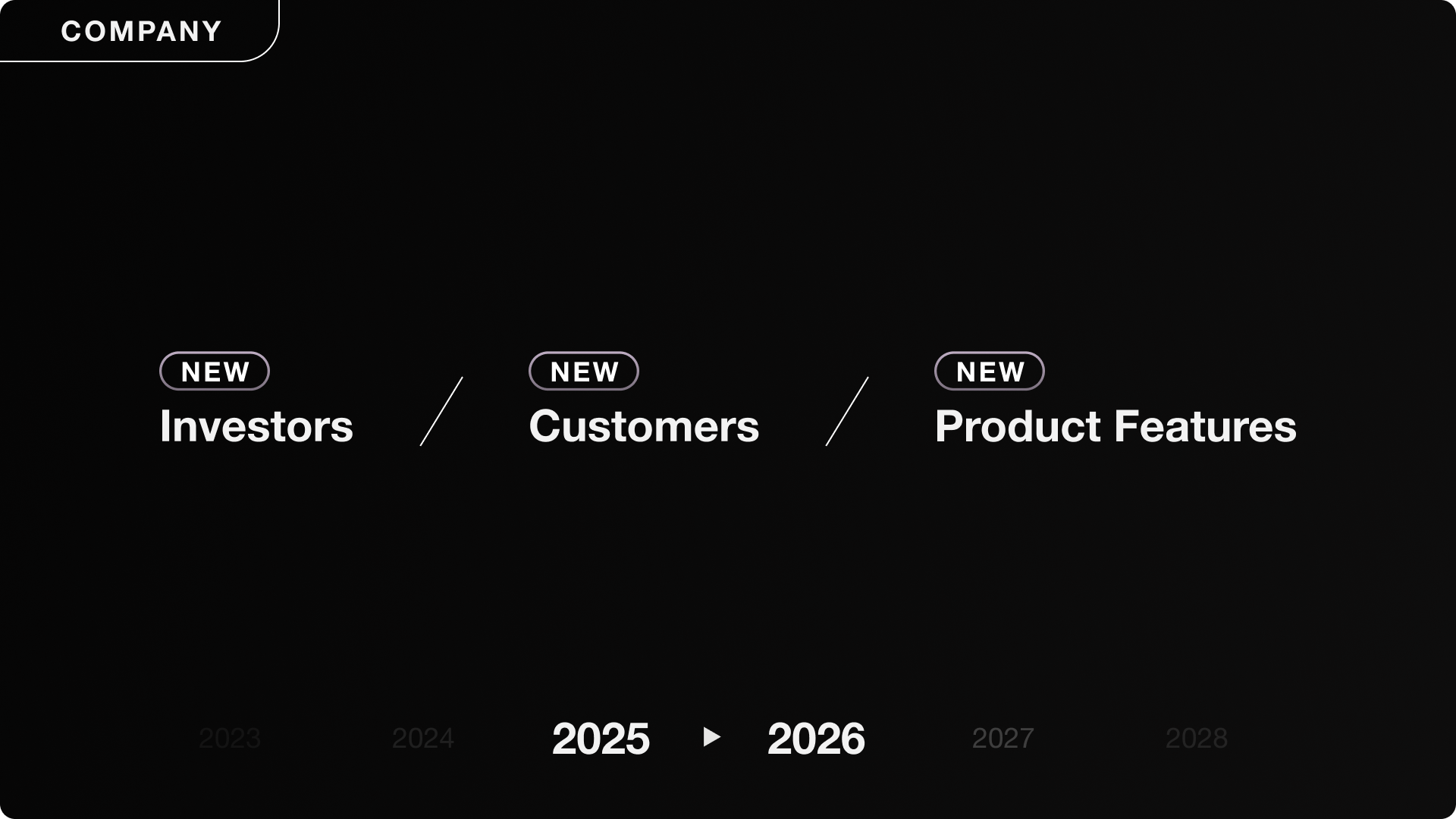UK Innovation at a Crossroads: Bridging the Global Patent Gap
As global innovation accelerates, the United Kingdom finds itself at a critical juncture. Despite ranking among the top nations in the world for innovation, UK businesses, particularly SMEs, are falling behind in securing international patent protection. A recent report from The Chartered Institute of Patent Attorneys (CIPA) reveals a concerning trend: while global patent filings hit record numbers, British companies are struggling to keep pace, risking their competitive edge in key international markets. In an increasingly interconnected world, securing international patents is not just a strategic advantage - it's a necessity for financial growth, enabling companies to maximise the commercial potential of their innovations on a global scale.

Bridging the Global Patent Gap
The "Innovation & Patents in the United Kingdom" report from CIPA reveals that the UK, despite its strong performance in innovation, is lagging behind countries like Switzerland, Sweden, and the United States in key patent-related metrics. The UK ranks 4th in the 2023 WIPO Global Innovation Index, but in areas such as patent families per billion GDP and PCT (Patent Cooperation Treaty) applications, it falls short.
This shortfall in patent protection is not without consequences. Companies that hold patents enjoy 36% higher revenues and pay 53% higher wages than those without registered IP rights. The lack of uptake of patents by British businesses, therefore, means that the UK economy is potentially set to miss out on billions of pounds in value in the coming years. Moreover, data from the UK Government’s Intellectual Property Office (IPO) has shown that as much as 34% of UK priority patent applications do not go on to produce international patent families, further exacerbating the problem.
The situation presents both a challenge and an opportunity. Whilst filings of US patent applications from UK applicants remains robust, there is an underperformance in patent filings at the European Patent Office (EPO) and in key markets like China, where UK filings lag behind by 20% to 40% compared to France and Germany, even when adjusted for the size of the manufacturing economy. Addressing these gaps could enhance UK companies’ international competitiveness and ability to generate additional revenue.
From a broader perspective, it is clear that this issue is also impacting other countries. Although global international patent (PCT) filings increased in 2022, the data shows that it is not just the UK (-1.7%) that is flagging. International patent filings from advanced economies like the United States (-0.6%) also saw a decline, reflecting a broader trend of underperformance in global patent protection.
The underutilization of international patent protection could be tackled, at least in part, by providing ways of streamlining the process of applying for patent protection in other jurisdictions, saving time for patent attorneys and making the system more cost-effective for applicants.
Here, at Solve Intelligence, we are building the first AI-powered platform to assist with every aspect of the patenting process, including our Patent Copilot™, which helps with patent drafting, and future technology focused on patent filing, patent prosecution, and office action analysis, international patent portfolio strategy and management, and patent infringement analyses. At each stage, our Patent Copilot™ works with the patent professional, and we have designed our products to keep patent professionals in the driving seat, thereby equipping legal professionals, law firms, companies, and inventors with the tools to help develop the full scope of protection for their inventions in an efficient and timely manner. It is hoped that the benefits our products provide could help make patents and the prospect of international patent families more accessible to a wider range of businesses.
AI for patents.
Be 50%+ more productive. Join thousands of legal professionals around the World using Solve’s Patent Copilot™ for drafting, prosecution, invention harvesting, and more.




